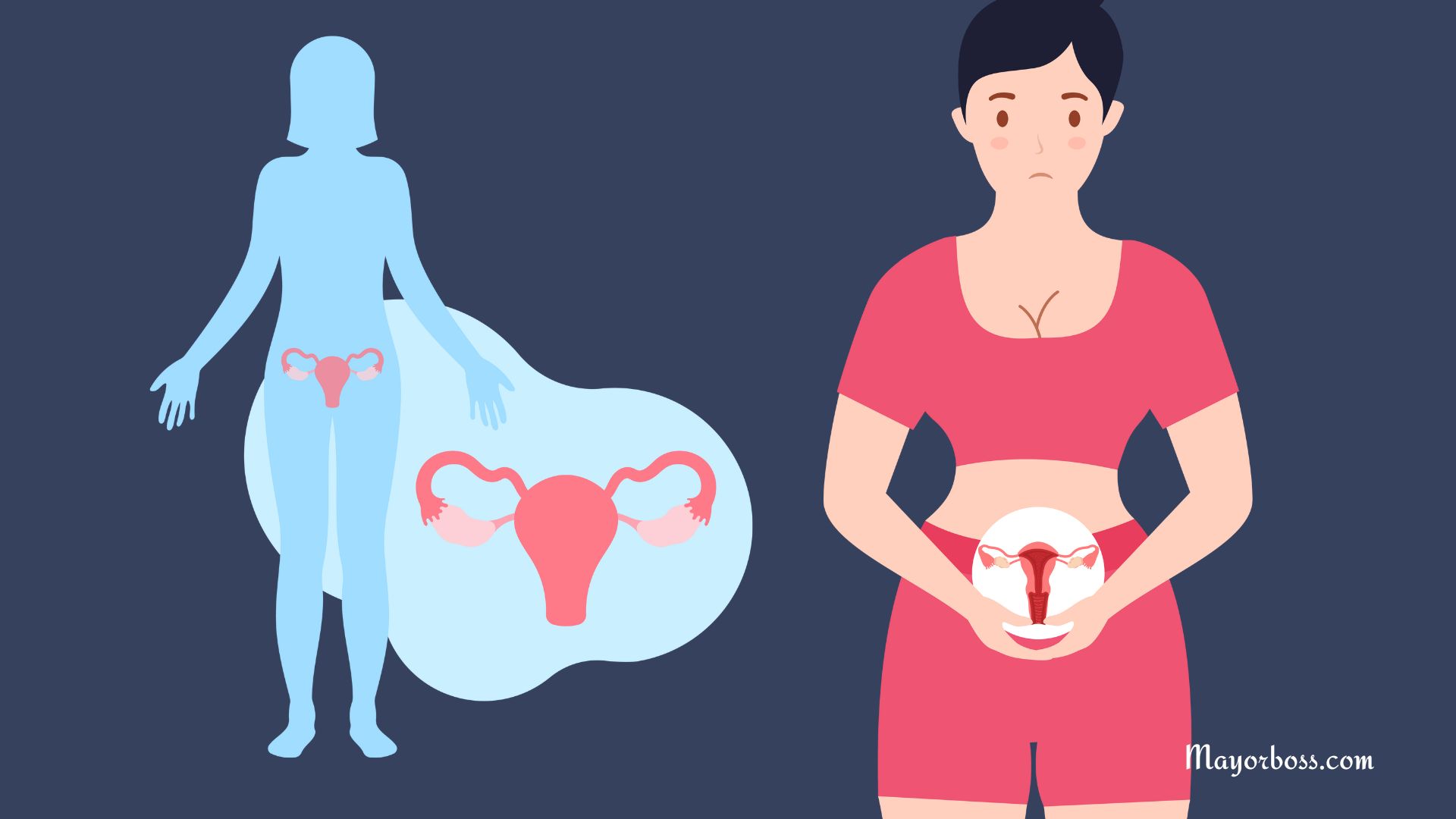10 Myths About the Female Reproductive System
There are many myths about the female reproductive system. People share misinformation, and old beliefs still stick around. In this article, we’ll go over ten common myths about how women’s bodies work and explain what is actually true.

Myth #1: Women Can’t Get Pregnant During Their Period
Some people think it’s impossible for a woman to get pregnant while she’s on her period. But that’s not true. Even though it’s less likely, it can still happen. Sperm can stay alive in a woman’s body for up to five days. Ovulation (when an egg is released) can also be unpredictable. If a woman ovulates soon after her period ends, she could still get pregnant.
Myth #2: The Hymen Completely Covers the Vaginal Opening
A lot of people believe that the hymen is like a seal that completely covers the vaginal opening until it is “broken.” In reality, the hymen is a thin piece of tissue that partially covers the opening. It comes in different shapes and sizes, and it can stretch or tear from activities like exercise, using tampons, or even just moving around—not just from sexual activity.
Myth #3: Women Stop Producing Eggs After Birth
Some believe that girls are born with all the eggs they will ever have, and they never make more. It is true that women are born with a set number of eggs, but some studies suggest that there may be special cells in the ovaries that can make new eggs. However, this is still being researched and has not yet been confirmed. Scientists are still studying this, and it isn’t fully understood yet.
Myth #4: Menstrual Pain Is Always Mild and Manageable
Many people think menstrual pain is always mild and easy to deal with. But for some women, menstrual cramps can be really painful. Severe menstrual pain, called dysmenorrhea, can affect daily activities and make life really hard. If the pain is very bad, it’s important to talk to a doctor for help.
Myth #5: Vaginas Need to Be Cleaned with Special Products
Advertisements often promote special douches, wipes, and washes to keep the vagina “clean.” But the truth is, the vagina cleans itself. It has a natural balance of healthy bacteria and acidity. Using special products can mess up this balance and cause infections. Washing the external vulva with plain water and mild soap is enough.
Myth #6: The Menstrual Cycle Lasts Exactly 28 Days for Every Woman
People often think that every woman has a 28-day menstrual cycle. But not everyone has a 28-day cycle. Cycles can be anywhere from 21 to 35 days for adults, and they can be even longer for teenagers. Every woman is different, and variations are normal due to differences in hormone levels and body chemistry.
Myth #7: Women Can’t Get Pregnant After Age 35
Some people think that once a woman turns 35, she can’t get pregnant anymore. While it’s true that fertility decreases with age, women can still get pregnant in their late 30s and even in their 40s. Thanks to better medical care and fertility treatments, many women can have children later in life, though it might take more time to get pregnant.
Myth #8: All Women Experience PMS
PMS, or premenstrual syndrome, is common, but not all women have it. PMS can cause mood swings, bloating, and irritability, but some women don’t have any symptoms at all. Others may have a severe form called premenstrual dysphoric disorder (PMDD), which needs medical treatment.
Myth #9: Birth Control Pills Cause Infertility
Some people think that taking birth control pills for a long time will make it hard to get pregnant later. However, birth control pills do not cause permanent infertility. When a woman stops taking the pill, her fertility usually returns to normal in a few months. Some women may need more time to conceive, but this is often due to other factors, not the pill.
Myth #10: The Size of a Woman’s Breast Affects Her Fertility
This myth is completely false. Breast size has nothing to do with fertility. Fertility depends on hormones, egg health, and the reproductive system—not the size of a woman’s breasts. Breasts are just made of fatty tissue and have no impact on whether a woman can get pregnant.
Setting the Record Straight
Misinformation about the female reproductive system can cause a lot of unnecessary worry and confusion. By clearing up these myths. We hope you now have a better understanding of how women’s bodies work. If you have any concerns about your reproductive health, it’s always best to talk to a doctor who knows about women’s health.
If you found this article helpful, share it with others who might need to learn the truth about these common myths.
